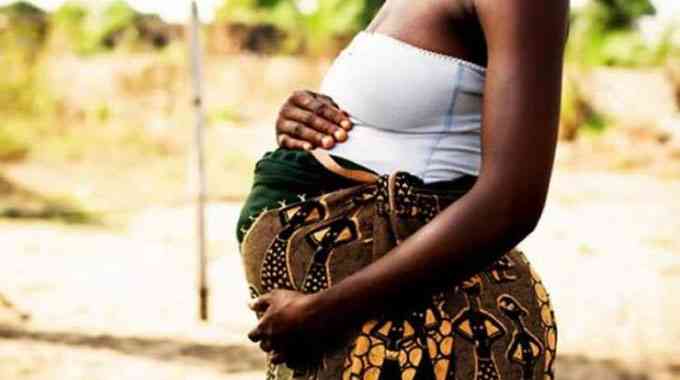
THE Parliamentary Portfolio Committee on Education says Zimbabwe needs to break the cycle of poverty by ensuring consistent reintegration of pregnant girls into the school system.
Speaking at a workshop for girls and Parliament representatives, the chairperson of the committee Ophias Murambiwa said every child of school-going age including pregnant girls deserved a second chance at education.
“Second chance education for adolescent mothers is crucial for several reasons,” Murambiwa he said.
“Firstly it allows them to regain control of their lives and build a better life for themselves and their children.”
In 2020, Zimbabwe amended the Education Amendment Act to prohibit the exclusion of learners based on non-payment of fees and pregnancy.
The Act also prohibits discrimination based on pregnancy regarding admission, suspension, exclusion and expulsion.
Murambiwa said giving the girls a chance helped to break the cycle of poverty, reduced the likelihood of child marriages and repeated teenage pregnancies.
“It empowers them to become actively empowered contributors to their communities and the nation at large,” he said.
- Feature: Free menstrual health kits help keep girls in school
- Child marriage: A heavy cost for young girls in Africa
- We must stop sacrificing the girl child
- Cartoon: Child marriage cases spike
Keep Reading
“To ensure the success of this initiative our committee shall undertake public hearings and consultations to raise awareness and gather input from stakeholders including adolescent mothers, educators and community leaders on the rationale behind supporting this important initiative that realises the importance of education for all children including pregnant girls and adolescent mothers.”
There are no statistics on the number of girls that have dropped out of school due to pregnancy or have failed to return to school after giving birth.
In 2019, figures from the Zimbabwe Statistical Agency indicated that 33,7% of girls were married before the age of 18 which translates to 1 in every 3 girls.
Statistics derived from the Women Affairs, Community and Small to Medium Enterprises ministry revealed that over 5 000 girls got pregnant during COVID-19 era.










